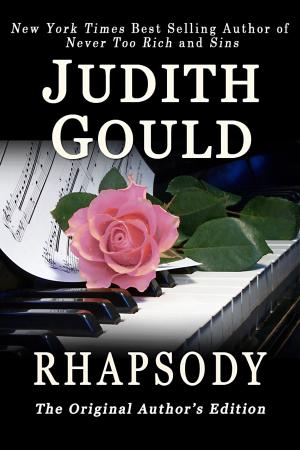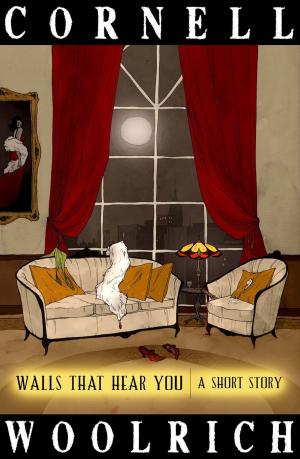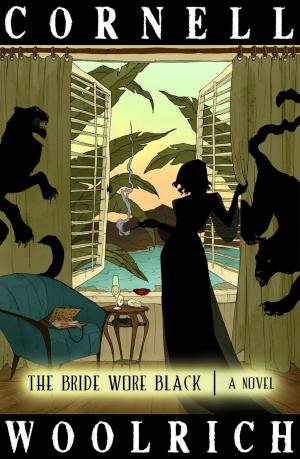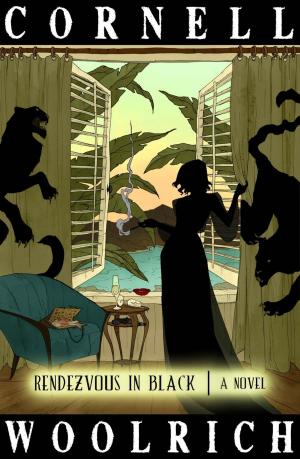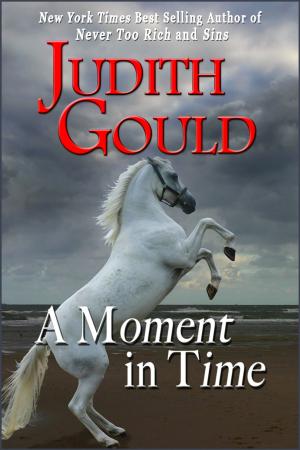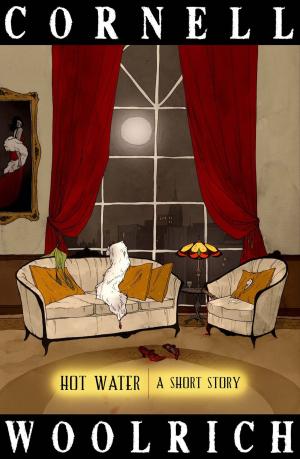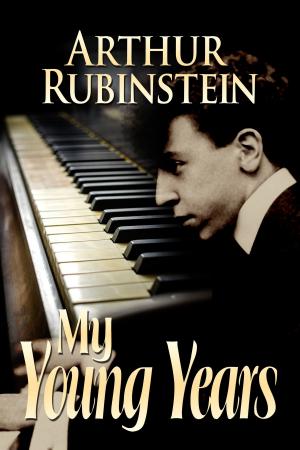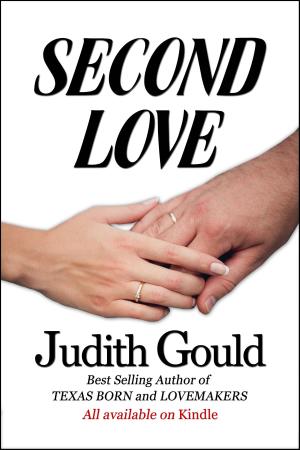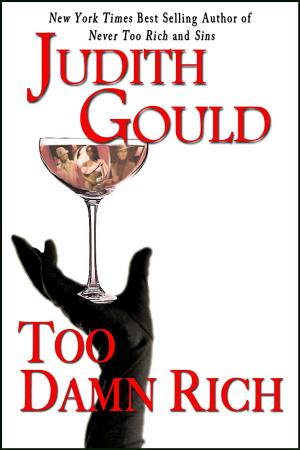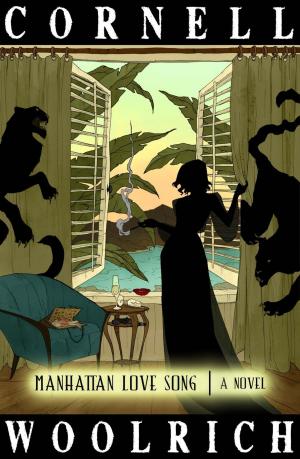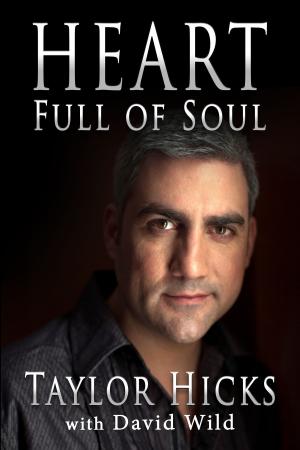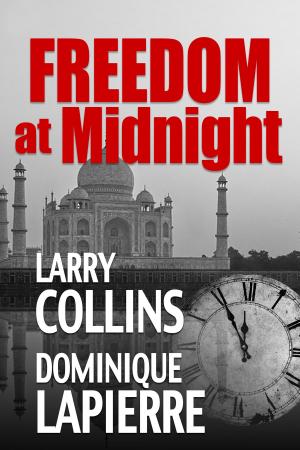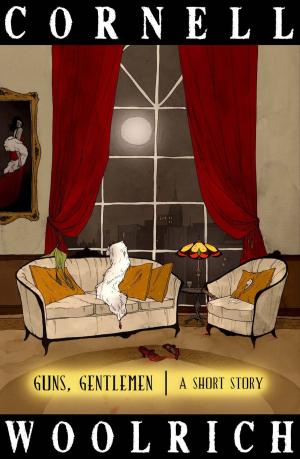Moving Pictures: An Autobiography
Nonfiction, Entertainment, Performing Arts, Biography & Memoir, Entertainment & Performing Arts| Author: | Ali MacGraw | ISBN: | 9781938402425 |
| Publisher: | Renaissance Literary & Talent in collaboration with the Proprietor | Publication: | March 15, 2015 |
| Imprint: | Language: | English |
| Author: | Ali MacGraw |
| ISBN: | 9781938402425 |
| Publisher: | Renaissance Literary & Talent in collaboration with the Proprietor |
| Publication: | March 15, 2015 |
| Imprint: | |
| Language: | English |
This is the autobiography of a former photographer's stylist who became an international film celebrity and married two of Hollywood's biggest names, but then seemed to throw it all away. The role of Jenny in "Love Story" brought Ali MacGraw stardom. She married producer Bob Evans and bore him a son, but after two years she left Evans for Steve McQueen. McQueen was a troubled man who longed to live simply, almost reclusively, with his wife barefoot and pregnant. At his insistence MacGraw gave up acting at the peak of her fame, making a decision from which her career never recovered. When the tumultuous marriage ended after six years she was not much in demand, and what acting she did, for example in television's "Dynasty", was ridiculed - justly, she felt. A lifelong pattern of destructive love affairs continued and her depression was abetted by unacknowledged alcoholism. When a friend persuaded her in 1986 to go to the Betty Ford Clinic, MacGraw felt she needed only a "tune-up". What she found instead was life-saving help. Now Ali MacGraw takes stock of her life, revising the mythical childhood she once invented for a "Time" cover story and describing the heady early years in New York, her attempted transformation by the Hollywood machine and the realities she faces today as a woman who hopes her greatest adventures are yet to come.
Publisher's Weekly
In this candid, courageous autobiography, MacGraw discusses her artistic, emotionally cold parents, her schooling at Wellesley College and her stint as Diana Vreeland's ``girl'' at Harper's Bazaar . The focus, however, is on her struggle with addiction--alcoholism and ``male dependency''--that grew as her acting career and personal life sputtered. A sudden star in her first major role, in Goodbye, Columbus in 1969, and the following year with the even more popular Love Story.
Library Journal - Thomas Wiener
McGraw now tells the whole sad story of her life. In what could be appropriately filed under ``self-help,'' she writes extensively about coming to grips with her addictions to alcohol and men. This is certainly not a series of pretty pictures.
Entertainment Weekly - Margot Miflin
This competently written memoir hinges on McGraw’s discovery that women can be addicted to men.
Chicago Tribune - Jon Anderson
"Love Story"; the subject of a Time cover story, "The Return to Romance"; and the wife, in turn, of two powerful Hollywood figures: Robert Evans, head of production at Paramount, and actor Steve McQueen....McGraw reveals that a lot more action, not all of it happy, was going on off- stage.
Los Angeles Times - Constance Casey
"Moving Pictures" demonstrates that underneath all that shallow stuff, lies "an ordinary human heart."
This is the autobiography of a former photographer's stylist who became an international film celebrity and married two of Hollywood's biggest names, but then seemed to throw it all away. The role of Jenny in "Love Story" brought Ali MacGraw stardom. She married producer Bob Evans and bore him a son, but after two years she left Evans for Steve McQueen. McQueen was a troubled man who longed to live simply, almost reclusively, with his wife barefoot and pregnant. At his insistence MacGraw gave up acting at the peak of her fame, making a decision from which her career never recovered. When the tumultuous marriage ended after six years she was not much in demand, and what acting she did, for example in television's "Dynasty", was ridiculed - justly, she felt. A lifelong pattern of destructive love affairs continued and her depression was abetted by unacknowledged alcoholism. When a friend persuaded her in 1986 to go to the Betty Ford Clinic, MacGraw felt she needed only a "tune-up". What she found instead was life-saving help. Now Ali MacGraw takes stock of her life, revising the mythical childhood she once invented for a "Time" cover story and describing the heady early years in New York, her attempted transformation by the Hollywood machine and the realities she faces today as a woman who hopes her greatest adventures are yet to come.
Publisher's Weekly
In this candid, courageous autobiography, MacGraw discusses her artistic, emotionally cold parents, her schooling at Wellesley College and her stint as Diana Vreeland's ``girl'' at Harper's Bazaar . The focus, however, is on her struggle with addiction--alcoholism and ``male dependency''--that grew as her acting career and personal life sputtered. A sudden star in her first major role, in Goodbye, Columbus in 1969, and the following year with the even more popular Love Story.
Library Journal - Thomas Wiener
McGraw now tells the whole sad story of her life. In what could be appropriately filed under ``self-help,'' she writes extensively about coming to grips with her addictions to alcohol and men. This is certainly not a series of pretty pictures.
Entertainment Weekly - Margot Miflin
This competently written memoir hinges on McGraw’s discovery that women can be addicted to men.
Chicago Tribune - Jon Anderson
"Love Story"; the subject of a Time cover story, "The Return to Romance"; and the wife, in turn, of two powerful Hollywood figures: Robert Evans, head of production at Paramount, and actor Steve McQueen....McGraw reveals that a lot more action, not all of it happy, was going on off- stage.
Los Angeles Times - Constance Casey
"Moving Pictures" demonstrates that underneath all that shallow stuff, lies "an ordinary human heart."

